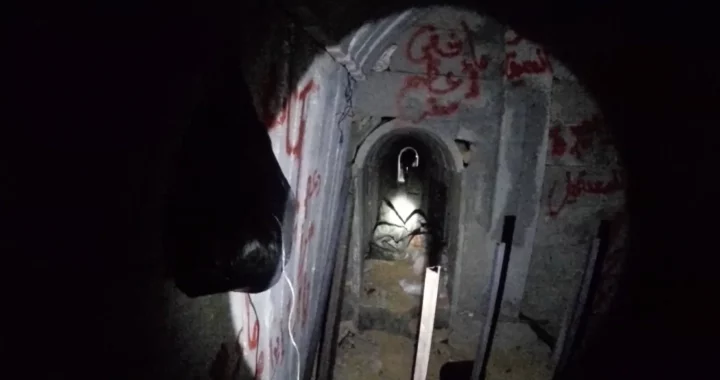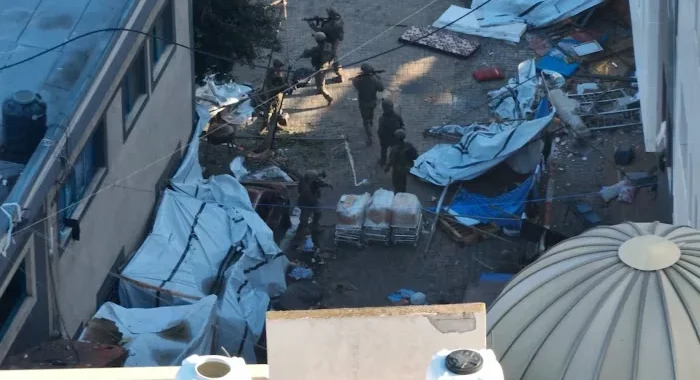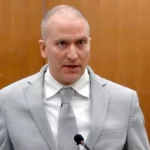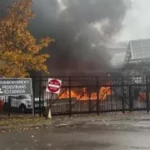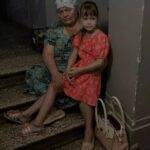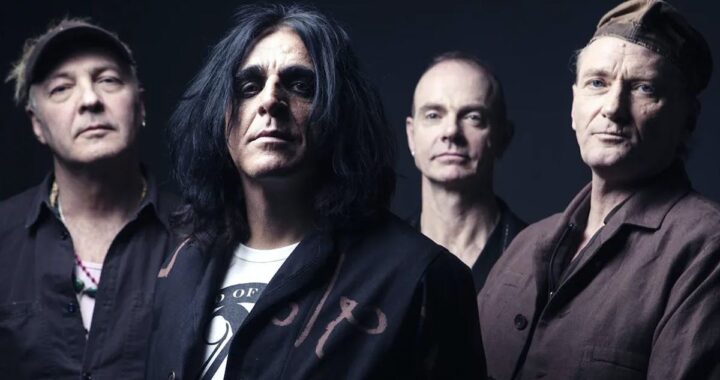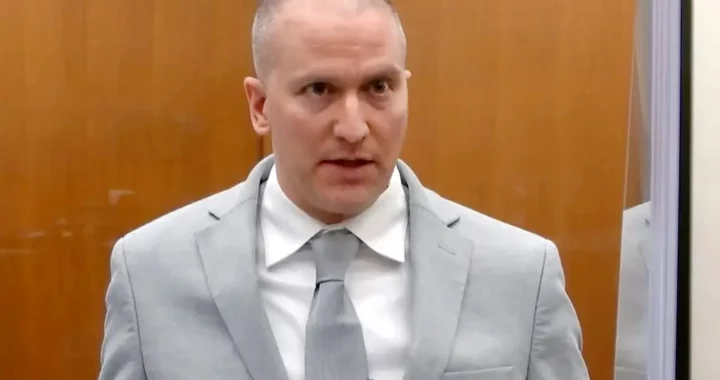Bangladesh Opposition Leader Arrested Amidst Violent Protests

Challenges and Controversies Surrounding the Arrest of Key Opposition Leader in Bangladesh
In the bustling streets of Dhaka, Bangladesh, a violent weekend recently unfolded, as around 100,000 opposition protesters took to the streets to voice their grievances. Shouting slogans, setting fires, and clashing with the police, these protesters were demanding change. In this article, we will delve into the who, what, and why of this tumultuous event, shedding light on the current situation in Bangladesh.
Who Are the Protesters?
The majority of the protesters belong to the Bangladesh Nationalist Party (BNP), the country’s main opposition party. Joining them were members of Jamaat-e-Islami, an Islamist group with a concerning history of radicalism in the Indian subcontinent. The presence of Jamaat-e-Islami among the protesters raises red flags and concerns about the protests’ intentions
What Are Their Demands?
The protesters had several demands, the most significant of which was the resignation of Prime Minister Sheikh Hasina. They called for the appointment of a caretaker government to oversee the upcoming general elections slated for January 2024. The opposition fears that Hasina’s government will manipulate the elections, making her resignation a key demand.
The Weekend Unrest
To control the protests, approximately 10,000 police officers were deployed in Dhaka. Tear gas and rubber bullets were used, leading to a violent confrontation that resulted in at least three casualties and more than 100 injuries. Since the weekend, Dhaka law enforcement has been arresting prominent opposition leaders, including Mirza Fakhrul Islam Alamgir, the chief of the BNP, who has led the party since the house arrest of former Prime Minister Khaleda Zia.
Khaleda Zia is no stranger to controversy, as she has faced corruption charges and her supporters have urged her to leave the country for medical reasons. However, the government has not acceded to this request, adding another layer of complexity to the political landscape.
The Political Landscape
Prime Minister Sheikh Hasina’s tenure has brought about economic growth in Bangladesh, with a significant reduction in poverty and job creation. Bangladesh now stands as the world’s garment capital, symbolizing its economic rise. However, issues such as rising inflation and food prices have emerged. In August, food prices were up by 12%, marking the highest increase in nearly 12 years. There have also been accusations of extrajudicial actions, including enforced disappearances and crackdowns on free speech.
The opposition claims that these problems, combined with their concerns about election integrity, pose a significant threat to Sheikh Hasina’s rule. They argue that the only way to ensure a fair election is under the supervision of a caretaker government.
The Legal Perspective
Bangladeshi law, however, does not require the formation of a caretaker government. The Supreme Court of Bangladesh has even declared it unconstitutional, while the Parliament has removed it from the country’s rulebook. This decision came after the last caretaker government took charge in 2006, originally intended for a 90-day interim period but ruling until 2008. During its time in power, it jailed numerous politicians, including Sheikh Hasina and Khaleda Zia. Given these circumstances, it is understandable why the caretaker provision was abolished.
International Concerns
The European Union has expressed concerns about the current political setup in Bangladesh, indicating that necessary conditions for a fair election are not in place. They have refrained from sending a full team of election observers to Dhaka, marking a significant shift in their approach.
As for India, they have been cautious in their response, emphasizing that they do not have any particular comment on internal developments in Bangladesh. India has traditionally maintained a strong working relationship with Sheikh Hasina, whose vision aligns with that of New Delhi. However, this relationship may be subject to change depending on the outcome of the forthcoming elections in Bangladesh.
In conclusion, Bangladesh finds itself at a critical juncture, with political tensions running high in the lead-up to the general elections. The weekend protests, the demands of the opposition, and the government’s response are all contributing to a tense and complex situation in this South Asian nation. The fate of Bangladesh and its impact on the region will depend on how this crisis unfolds. The world will be watching closely as events in Bangladesh continue to develop, with much at stake for the country and its neighboring nations.
By: M Z Hossain, Editor Sky Buzz Feed

